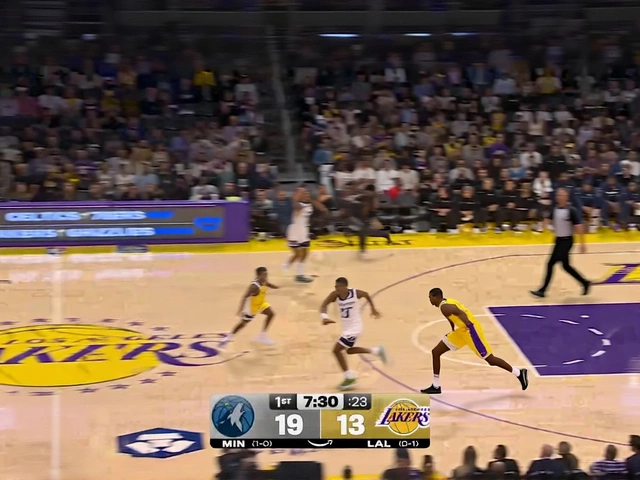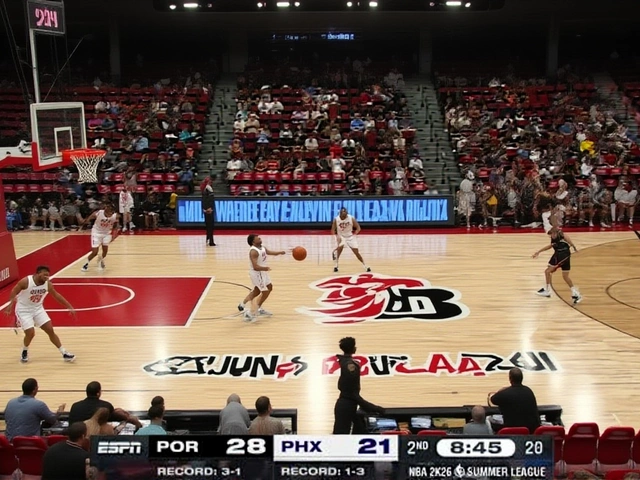Suns Crush Blazers 127-110 as Portland's Season Slips Further Into Chaos
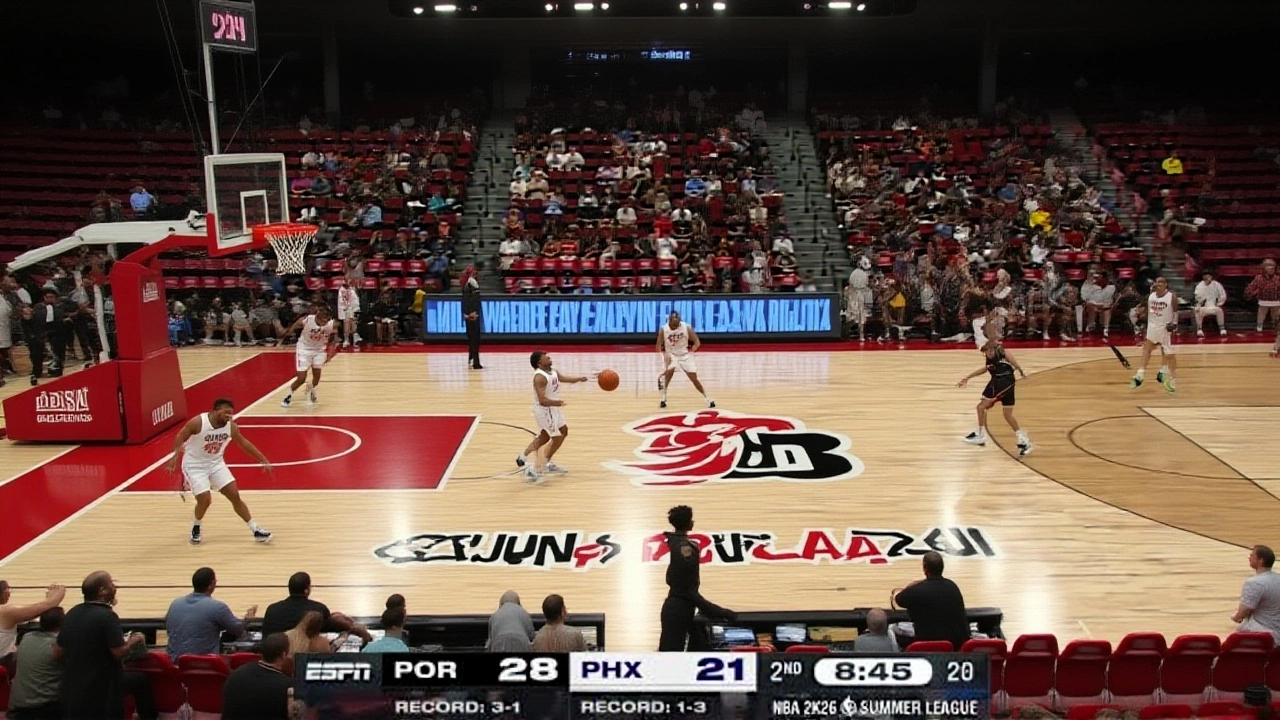
The Phoenix Suns didn’t just beat the Portland Trail Blazers — they dismantled them. On Tuesday, November 18, 2025, at the Moda Center in Portland, Oregon, the Suns rolled to a 127-110 victory in a game that exposed every crack in Portland’s fragile foundation. The win pushed Phoenix to 9-6 on the season, while the Blazers sank to 6-8 — their sixth loss in eight games, and their third straight defeat by double digits. This wasn’t just another loss. It was a full-blown unraveling.
The Suns’ Defensive Masterclass
Phoenix didn’t win with flashy offense — though they had plenty of that. They won with chaos. Phoenix Suns recorded a staggering 19 steals, the most by any team in a single game this season, according to NBA on NBC’s broadcast. Devin Booker, the Suns’ star guard, led the way with 19 points, 6 rebounds, 5 assists, and 3 steals, quietly orchestrating the pressure. But it was Collin Gillespie who stole the spotlight off the bench, hitting four three-pointers on six attempts to match Booker’s 19 points. The Suns didn’t just score — they forced turnovers, turned them into fast breaks, and made Portland pay for every hesitation.
Portland’s Offensive Nightmare
For the Portland Trail Blazers, it was a shooting disaster. They went 10-for-41 from three-point range — a brutal 24%. Some analysts even cited a lower figure: 6-for-29, suggesting the team’s perimeter struggles were even worse than reported. The ball barely moved. Players stood around. Shots came late in the shot clock. Shaedon Sharpe led Portland with 29 points, but even his brilliance couldn’t mask the team’s identity crisis. "They’re supposed to get out and run," said Blazers Uprise postgame host Sleeper. "This team can’t figure out how to score on a fast break. They don’t push the ball. They’re stuck in freaking quicksand."
Portland managed just nine fast-break points — their second straight game under double digits. Their half-court sets were sluggish, their spacing non-existent. At halftime, they trailed by three. In the third quarter, the game collapsed. Turnovers piled up. The Suns went on a 22-4 run. The crowd, once loud, went silent.
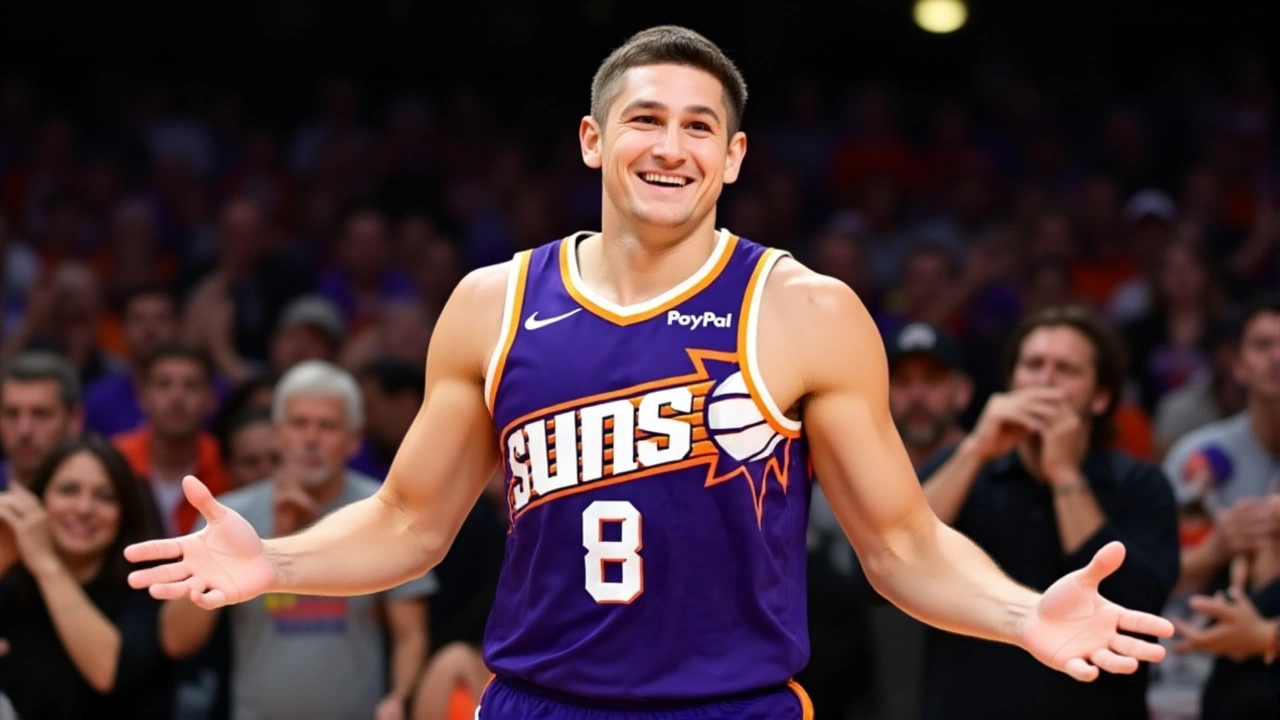
Coaching, Culture, and the Missing Pieces
Interim head coach Jordi Fernández — referred to on air as "Jordan," the "young developing and growing coach" — is doing his best with broken parts. But no coach can fix a system that’s been abandoned. The Blazers’ offseason was supposed to be about rebuilding with purpose. Instead, they ignored shooting. They didn’t add a single reliable perimeter shooter. "Why did the Portland Trail Blazers refuse to get shooting in the off-season?" asked Sleeper. "They didn’t just miss the mark. They missed the whole damn target."
Key absences made it worse. Jeremy Grant, Portland’s starting small forward, missed the game due to illness. On the Suns’ side, Grayson Allen was out with a quad injury — a blow, but one Phoenix absorbed better than Portland absorbed pressure. The Blazers’ bench, led by young player Hansen, showed flashes — nine points, "some good moments," according to analysts — but not enough to change momentum.
The Bigger Picture: A Franchise at a Crossroads
This isn’t just about November. It’s about the direction of a franchise under new ownership. The Trail Blazers were once known for their speed, their defense, their relentless transition game. Now? They’re slow. Passive. Predictable. The same team that reached the Western Conference Finals in 2019 now struggles to generate rhythm. The defensive identity — once built on forcing turnovers — has vanished. The offensive identity? Still being debated.
Even the broadcast commentary got tangled. Mentioning Victor Wembanyama and Giannis Antetokounmpo — neither of whom played — as if they were relevant to this game. It was a sign of how disconnected the narrative has become. The game wasn’t about superstars. It was about fundamentals. And Portland forgot how to play them.
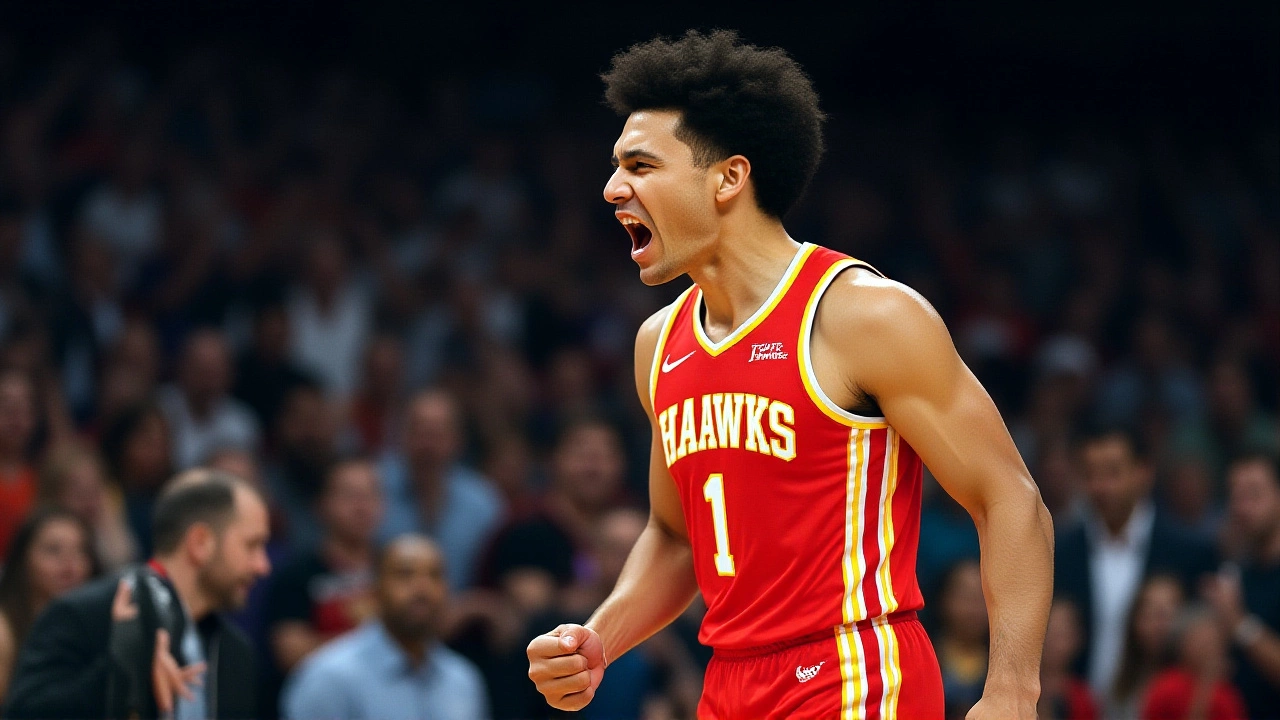
What’s Next for Portland?
The Trail Blazers face the Sacramento Kings on Friday, then the Lakers on Sunday. Both are fast, aggressive teams — perfect for exposing Portland’s weaknesses. If they can’t fix their transition defense and three-point shooting by then, the pressure on Fernández will intensify. Front office decisions loom. Will they trade for a shooter? Will they bench veterans? Will they accelerate the rebuild? Fans are asking. Management is silent.
Meanwhile, the Suns keep rolling. They’ve got depth. They’ve got discipline. They’ve got a defense that’s becoming the league’s most disruptive. They’re not just winning games — they’re sending a message: the West is changing, and Portland’s stuck in the past.
Frequently Asked Questions
Why did the Trail Blazers shoot so poorly from three-point range?
The Trail Blazers’ 24% shooting from deep (10-for-41) wasn’t just bad luck — it was a systemic issue. They lack reliable shooters after Sharpe and Anfernee Simons. Many attempts came late in the shot clock, with no movement. In the offseason, they didn’t add a single proven three-point specialist, leaving their offense stagnant. Coaches admitted after the game they "didn’t have the right pieces to space the floor."
How did Devin Booker impact the game beyond his scoring?
Booker’s 19 points were important, but his 3 steals and 5 assists were game-changing. He was the primary trigger for Phoenix’s 19 steals — constantly poking the ball loose, forcing Portland into bad passes. He also dictated tempo, pushing the ball after rebounds and keeping the Blazers off balance. His leadership on defense was as vital as his scoring.
What role did Collin Gillespie play in the Suns’ victory?
Gillespie, a mid-season acquisition, was the X-factor. His 19 points on 6-of-11 shooting, including 4-of-9 from deep, came at crucial moments, especially in the third quarter when Portland tried to rally. He didn’t just shoot — he moved without the ball, found open spaces, and hit shots that broke Portland’s defensive rhythm. His energy sparked Phoenix’s bench, which outscored Portland’s 38-22.
Why is the Trail Blazers’ fast break performance so concerning?
Only nine fast-break points in a 127-110 loss is catastrophic for a team built on transition offense. Portland used to lead the league in fast-break scoring. Now, they’re last in the West. The issue isn’t speed — it’s decision-making. Players don’t push after rebounds. They don’t communicate on turnovers. Even with young athletes like Sharpe and Hansen, they’re playing half-court basketball. That’s not a talent problem — it’s a coaching and culture problem.
What does this loss mean for Jordi Fernández’s future as head coach?
Fernández is still seen as a capable interim, but his job security now hinges on results. If the Blazers lose their next three games — especially to Sacramento and LA — pressure will mount for a permanent hire. Ownership has signaled they want "a long-term vision," not just a caretaker. Without a clear offensive identity and consistent defensive effort, even his "growing coach" narrative won’t last much longer.
Is this a sign the Trail Blazers are rebuilding too slowly?
Absolutely. They’ve been stuck in limbo since Damian Lillard’s trade. They kept veterans like Anfernee Simons and Jerami Grant without adding enough young talent or shooting. Their draft picks haven’t panned out. The front office is avoiding bold moves, hoping for a miracle. But this loss proves the roster isn’t just underperforming — it’s mismatched. A full rebuild may be the only way out.
